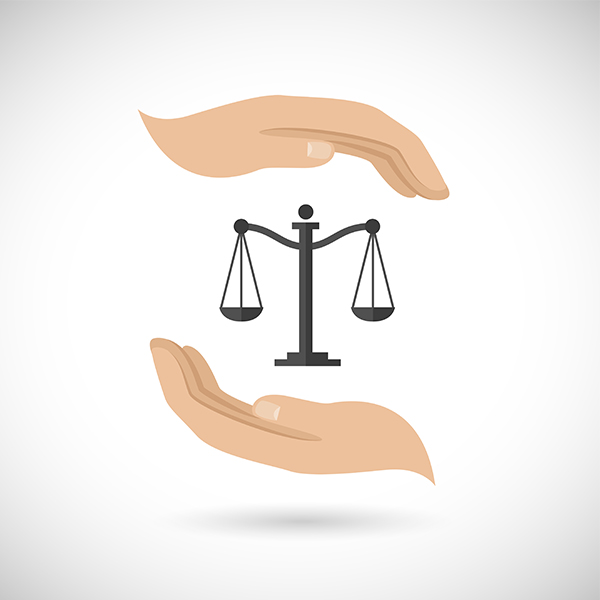
Published 20 July 2018, The Daily Tribune
On that fateful day, a man was convicted of murder and sentenced to spend life behind bars. The evidence against him depended almost entirely on the testimony of a witness who implicated him. After years in prison and while the case is on appeal, the witness retracted his testimony. What is his remedy?
In our jurisdiction, recantations of testimonies are typically viewed with suspicion and hardly given much weight (Tao Ang Bun vs. Court of Appeals, G.R. No. L-47747, 15 February 1990). Courts effectively indulge a presumption that recantations are untrustworthy and thus, the mere fact that a witness may subsequently tell a different story will not necessarily vitiate the original testimony if credible (U.S. vs. Dacir, G.R. No. L-8621, 31 December 1913).
The rationale for the rule is obvious: affidavits of retraction can easily be secured from witnesses, usually through intimidation or for a monetary consideration (People v. Monadi, 97 Phil. 575; People v. Aguipo, 104 Phil. 1051; People v. Francisco, 94 Phil. 975; People v. Ulita, 108 Phil. 730,734). While it can be easily obtained, there is always the probability that the retraction will later be repudiated (People v. Galamiton, 95 Phil. 955). Recanted testimony is thus often regarded as exceedingly unreliable as compared to the original testimony which was made by the witness under oath, in the presence of a judge, and with the opportunity to cross-examine (People v. Pasilan, L-18770, 30 July 1965, 14 SCRA 694).
But what if the recanting witness is the accused’s only way to prove his innocence?
Under Sections 1 and 2, Rule 121 of the Revised Rules of Criminal Procedure, the court may, at any time before a judgment of conviction becomes final, grant a new trial. The new trial may be granted either on motion of the accused or at the court’s own instance but with the consent of the accused. It must be premised, among others, on newly discovered material evidence which the accused could not with reasonable diligence have discovered and produced at the trial and which if introduced and admitted, would probably change the judgment.
In People vs. Lao Wan Sing (G.R. No. L-16379, August 18, 1972, 46 SCRA 298), the Supreme Court considered the witnesses’ retractions as newly discovered material evidence warranting a new trial. According to the Supreme Court, the recantations made by the witnesses after trial were evidence which the accused could not have secured during the trial, such that, they can be considered as newly discovered evidence that may properly be presented in a new trial, more so, because the statements appear to be material evidence that may change the judgment that had been rendered.
Still in Lao, the Supreme Court proceeded to set the standards by which the recantation of a witness shall be considered. It stated that the rules governing recantations should be construed and applied liberally, especially so in cases when: (1) the presentation and admission of the retractions of the prosecution witnesses might show that the State’s evidence against the accused is weak and unsatisfactory; (2) when the retractions might tip the scales in favor of the accused; or (3) when the retractions might produce at least a reasonable doubt as to the guilt of the accused.
The practice of the courts therefore has been to grant new trials in cases when there was no evidence sustaining the judgment of conviction other than the testimony of the recanting witness. New trials have been granted where it is clear that if the perjured testimony be eliminated from the record, the evidence remaining might not be sufficient to establish the guilt of the accused beyond a reasonable doubt (U.S. vs. Dacir, 26 Phil., 503). The reason is simple — when there is not a shred of evidence of record other than the testimony of the recanting witness, then the evidence does not fulfill the test of moral certainty and is not sufficient to support a conviction.
While the veracity and spontaneity of the retraction may give rise to suspicion, such suspicion, however strong, cannot serve as a gauge for determining the probatory value of the recantation. The only way to test the veracity of said recantation would be in a new trial where the parties may have another opportunity to examine the witness. After all, and as the Supreme Court puts it, the State is not less interested than the individual accused of a crime in his acquittal if he is innocent (U.S. v. Raymundo, 14 Phil. 416, 419).
Justice Malcolm once said that “the court’s attitude on the subject of recanting testimony means everything to the administration of justice in the Philippines and to the maintenance of equality before the law.” In the same way that the reopening of the case will mean the world to the man convicted on the basis of a testimony that wasn’t.
For comments and questions, please send email to cabdo@divinalaw.com

